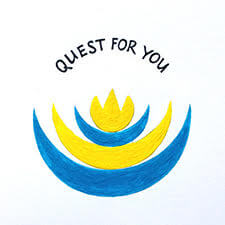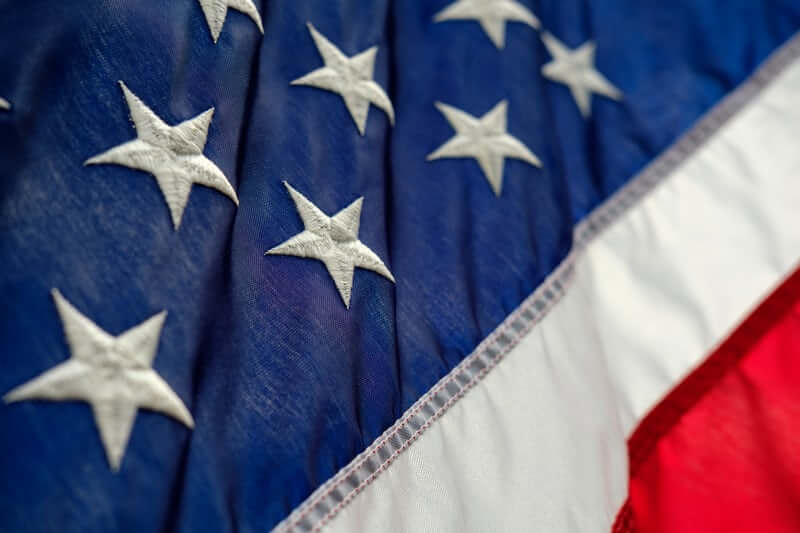Episode 39 – The four agreements
- I want to share one of my favorite books of all time with you today
- I cant recall exactly because it has been so long ago that I read it, but I believe this book got me started on my journey to self- development
- and while you can read the book fairly quickly, all you need to know about this book are the 4 agreements
- and what I love about them is that they are self-explanatory
- they are so common sense and yet they don’t occur to us on a daily basis
- if you are just starting out on this journey of self growth or if you are right in the middle – it doesn’t matter
- we forget about these 4 basic principles all the time and its good to get a reminder
- to start out with a quote –
“You need a very strong will in order to adopt the Four Agreements—but if you can begin to live your life with these agreements, the transformation in your life will be amazing. You will see the drama of hell disappear right before your very eyes. Instead of living in a dream of hell, you will be creating a new dream—your personal dream of heaven.” ~ Don Miguel Ruiz from The Four Agreements The Four Agreements.
- The First Agreement: Be Impeccable with Your Word
- the powerful of all agreements but also most difficult one to honor
- being impeccable with your word means to be careful and thoughtful with everything you say
- so often we just talk
- we blurt out stuff, we commit to things, we promise, we blabber without purpose or real meaning, we talk negatively about others
- this agreement reminds us of the importance of our words because they have an impact not only on other peoples lives but also our own life
- when you talk negatively about yourself, it will affect how you see yourself
- when you use your words against others by blaming, criticizing or gossiping, you are hurting them
- do you value your words?
- Or do you waste them on useless talk, on complaining and whining
- All of these waste your valuable energy
- If you are careful with your words it will reflect in the commitments you intend to follow through on.
- The promises that you keep
- And it will show in the reputation you have as a citizen of this world
- The Second Agreement: Don’t Take Anything Personally
- Just as powerful as the first agreement
“When you make it a strong habit not to take anything personally, you avoid many upsets in your life. Your anger, jealousy, and envy will disappear, and even your sadness will simply disappear if you don’t take things personally.” ~ Don Miguel Ruiz
- This is not an over-statement
- This is exactly what happens
- Not taking anything personal is the road to freedom
- It liberates you from the endless drain of worrying what others might mean, say or do
- It means living your life independent from the actions of others
- if you base our opinions and on how someone else treats you, it binds you to them
- it makes you a victim
- As Ruiz says: “Nothing other people do is because of you. It is because of themselves.”
- Keep this in mind
- We carry so much around with us every single day – worries, anxieties, fears
- Do you intent for others to take them on? To react to them? To adjust their behaviors accordingly? Or even to be personally impacted by them?
- I bet your answer is NO
- Then don’t do the same
- Walk away if people approach you with their issues
- Or set a clear boundary – this is theirs and not mine to deal with
- Because if you let it affect you, if you take it personal, it becomes yours to deal with
….Your anger, jealousy, and envy will disappear, and even your sadness will simply disappear
- The Third Agreement: Don’t Make Assumptions
- Everyone resonates with this
- We ALWAYS make assumptions
- In fact – we live by them
- We guess what others mean and think all the time
- We are humans – we have brains and we make sure they work all the time
- Even on stuff that’s beyond our capabilities
- Such as guessing what others think
“We have the tendency to make assumptions about everything. The problem with making
assumptions is that we believe they are the truth. We could swear they are real. We make
assumptions about what others are doing or thinking—we take it personally—then we blame
them and react by sending emotional poison with our word. That is why when we make
assumptions, we’re asking for problems. We make an assumption, we misunderstand, we take it
personally, and we end up creating a whole big drama for nothing.”
- There is such an easy resolution to this issue – much easier than the previous 2 agreements that require thought and effort
- To stop making assumptions – all you need to do is ask the other person if you are very concerned about something they may or may not think
As Ruiz says: “The way to keep yourself from making assumptions is to ask questions. Make sure
the communication is clear. If you don’t understand, ask. Have the courage to ask questions until you are as clear as you can be.”
- Making a bunch of assumptions is unproductive—and can even be damaging.
- We are constructing a reality rather than seeing what is actually taking place in the moment.
- And usually we do this out of fear and uncertainty
- We don’t have all the information and so our brain fills in the gaps
- (Remember QFY Episode 14?)
- This is stressful and a waste of valuable energy
- Instead of worrying about what might be happening, consider this:
- Ask yourself – how important is this?
- If its not very significant, then ignore it
- If its somewhat important and it could affect you in some way, then ask the person involved
- And you think its critical and could impact you in a serious way, maybe rumrs about layoffs – then spend your energy on preparing for the consequences
- Get your resume up to date, etc
- Ignore, ask or prepare
- But don’t spend time and resources on guessing something you may never find out
- The Fourth Agreement: Always Do Your Best”
- It’s a phrase we use often – I did my best, or, do your best.
- but what does that mean?
- Whats the measure for “best”
- How do you really know you gave it your best?
- Here is what the author says:
“Under any circumstance, always do your best, no more and no less. But keep
in mind that your best is never going to be the same from one moment to the next. Everything
is alive and changing all the time, so your best will sometimes be high quality, and other times it
will not be as good.”
- So your best depends on the circumstances
- Some das your best is only half as good because you don’t feel
- But instead of bailing out, you still show up and try
- That is giving your best
- Its means making an effort, even in the face of failure
- It means taking responsibility
- Did you listen to the previous episode? I could day INSERT HERE! It fits perfectly!
- It means continuous improvements, small steps, always moving forward
The author Don Miguel Ruiz was born in rural Mexico into a family of healers. He attended medical school, and, inspired by modern times, he became a surgeon.
A near-fatal car accident changed the direction of his life and he returned to his mother to acquire greater understanding of the Toltec culture.
Ruiz employs the word Toltec to signify a long tradition of indigenous beliefs in Mexico. Ruiz takes the wisdom from these ancient traditions and combines them with modern insights.
The result is this and many other best-selling books, some of which I may come back to later.
To end
“All of these old agreements which rule our dream of life are the result of repeating them over and over again. Therefore, to adopt the Four Agreements, you need to put repetition into action. Practicing the new agreements in your life is how your best becomes better. Repetition makes the master.”







0 Comments